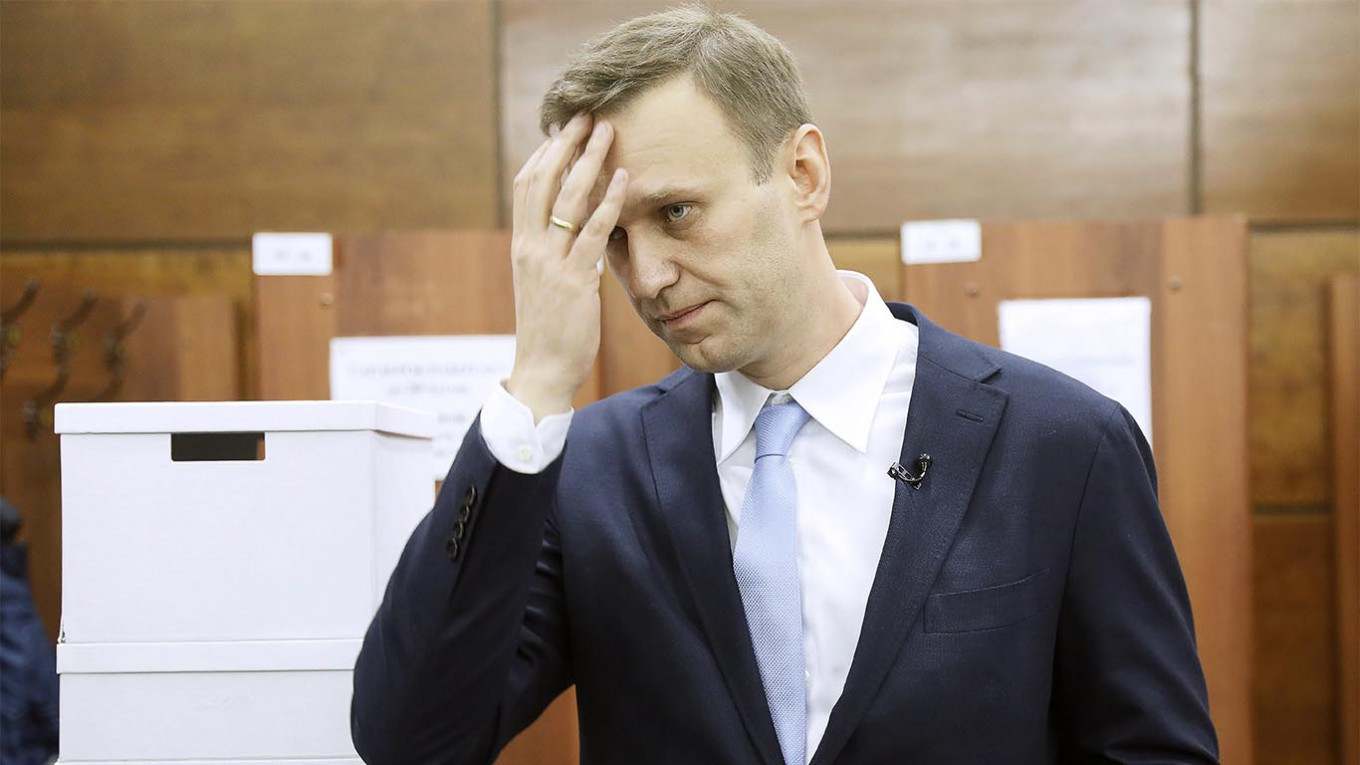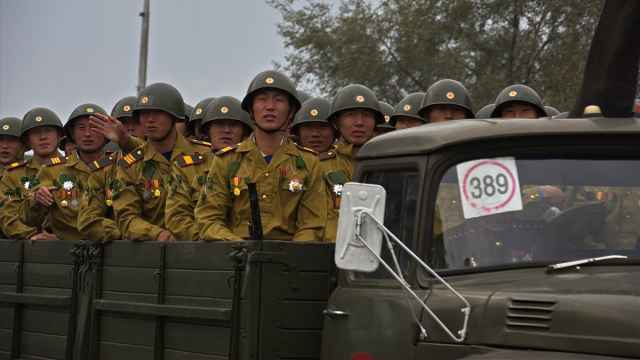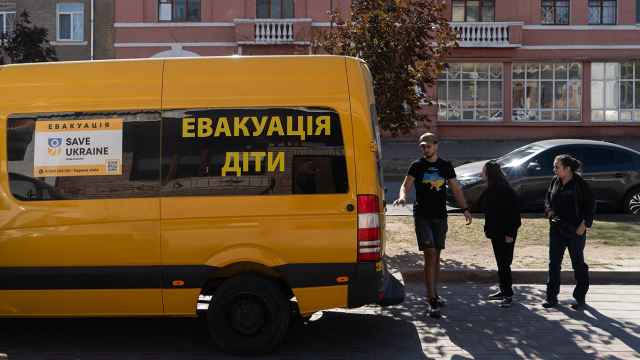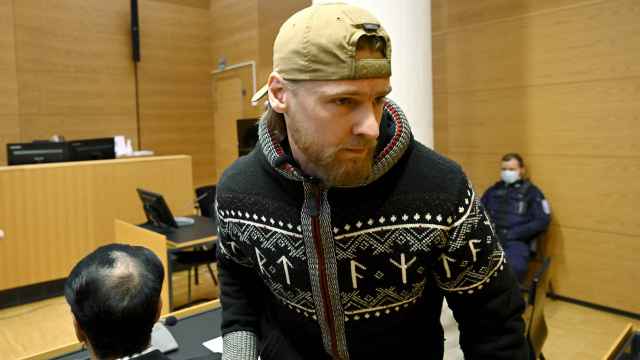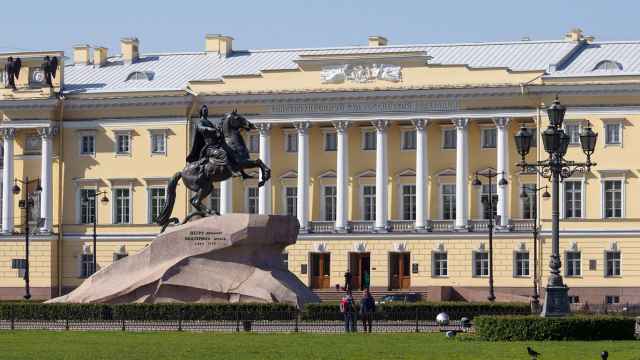Five European members of the UN Security Council have demanded an explanation from Russia on the poisoning of Kremlin critic Alexei Navalny, which they called "a threat to international peace and security."
The letter from Germany, Britain, Belgium, Estonia and France -- released Thursday -- was submitted to the Council on the eve of Moscow's taking over the presidency of the panel for the month of October.
"We call on the Russian Federation to disclose, urgently, fully and in a transparent manner, the circumstances of this attack and to inform the Security Council in this regard," the five countries said in the letter.
They pointed to a November 22, 2019 Security Council declaration that "any use of chemical weapons anywhere, at any time, by anyone, under any circumstance is unacceptable and a threat to international peace and security."
"As such, we consider that the use of a chemical nerve agent from the Novichok group in the abhorrent poisoning of Mr Alexey Navalny constitutes a threat to international peace and security."
Asked by journalists for his response to the letter, Russian UN Ambassador Vassily Nebenzia called for cooperation from the Europeans.
"Instead of drafting letters... they should have better, some of them, cooperate with the Russian authorities," he said. "We are saying a simple thing: if you have facts, present them."
Navalny on Thursday accused Russian President Vladimir Putin of being behind his poisoning, with the West identifying the toxin as the Soviet-era nerve agent Novichok.
The 44-year-old anti-corruption campaigner Navalny pledged to get fit as soon as possible to continue his fight.
A Message from The Moscow Times:
Dear readers,
We are facing unprecedented challenges. Russia's Prosecutor General's Office has designated The Moscow Times as an "undesirable" organization, criminalizing our work and putting our staff at risk of prosecution. This follows our earlier unjust labeling as a "foreign agent."
These actions are direct attempts to silence independent journalism in Russia. The authorities claim our work "discredits the decisions of the Russian leadership." We see things differently: we strive to provide accurate, unbiased reporting on Russia.
We, the journalists of The Moscow Times, refuse to be silenced. But to continue our work, we need your help.
Your support, no matter how small, makes a world of difference. If you can, please support us monthly starting from just $2. It's quick to set up, and every contribution makes a significant impact.
By supporting The Moscow Times, you're defending open, independent journalism in the face of repression. Thank you for standing with us.
Remind me later.


